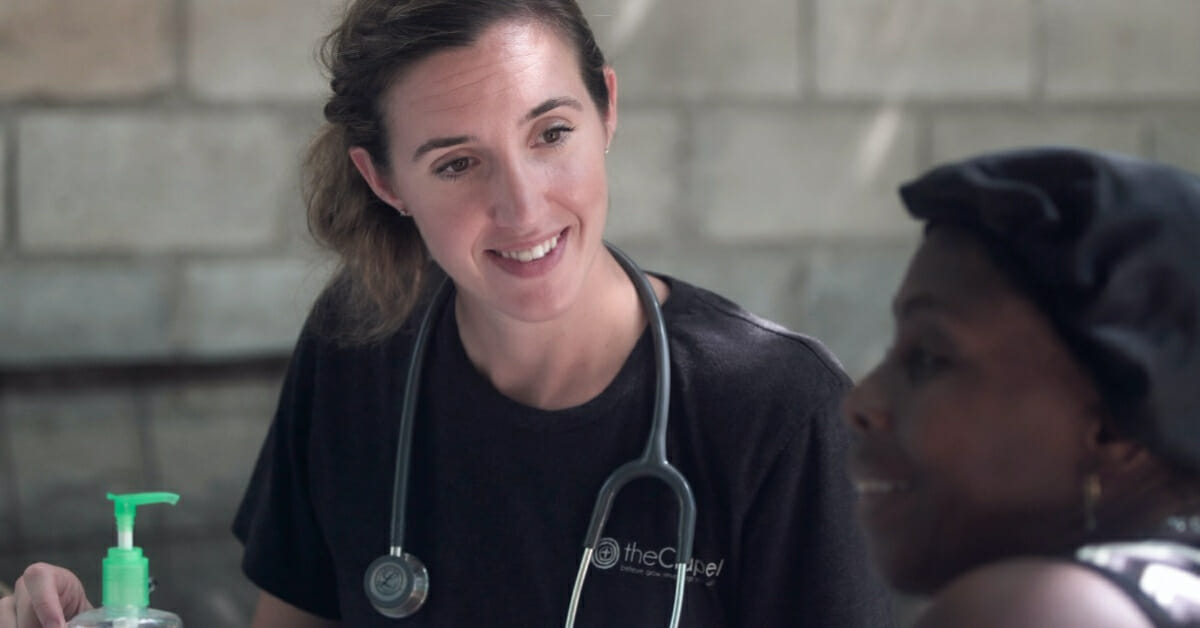Gastroenterology is the branch of medicine that focuses on the study, diagnosis, and management of conditions affecting the gastrointestinal (GI) tract, including the esophagus, stomach, small and large intestines, rectum, and annexed glands (pancreas, gallbladder and biliary ducts, and liver).
For this course, students should be familiar with the anatomy, embryology, and physiology of the GI tract; and the basics of inflammation and pathophysiology of neoplastic growth. Broadly speaking, pathologies of the GI tract can be grouped into one of three categories: inflammatory and infectious, congenital, and neoplastic. Each category is more prevalent in different age groups owing to their pathophysiology. For example, congenital abnormalities are common in newborns and children, whereas neoplastic conditions are more frequent in individuals > 50 years of age.
GI symptoms are among the most common complaints in the ER and outpatient care settings for both children and adults alike. A competent healthcare provider should be aware of the most prevalent GI illnesses in their area of practice. Moreover, they should be able to differentiate between conditions that constitute an emergency and those that can be managed in an outpatient setting.
Learning objectives
After the completion of this course, students should be able to:
- Describe the epidemiology, etiology, and pathophysiology of common gastrointestinal conditions (inflammatory, ischemic, infectious, motility-related, autoimmune, and hypersensitivity disorders).
- Identify and evaluate risk factors (modifiable and non-modifiable) for gastrointestinal disorders and their classifications.
- Demonstrate proficiency in obtaining relevant history and performing physical examination for gastrointestinal conditions in adult patients.
- Recognize clinical presentations and characteristic signs/symptoms of common gastrointestinal conditions.
- Apply diagnostic criteria and develop differential diagnoses for gastrointestinal conditions, with special attention to abdominal pain in adults.
- Interpret laboratory tests and clinical scoring systems for gastrointestinal diagnoses.
- Analyze the indications, contraindications, and utility of diagnostic procedures (including endoscopy and colonoscopy).
- Explain the comprehensive management of gastrointestinal conditions, including pharmacological, non-pharmacological, and invasive interventions.
- Describe medication mechanisms of action, indications, adverse effects, and contraindications in gastrointestinal treatment.
- Identify and manage gastrointestinal emergencies, particularly gastrointestinal bleeding.
- Evaluate and manage complications of gastrointestinal conditions, including metabolic complications.
- Apply the staging systems for gastrointestinal malignancies and explain their clinical implications, with special emphasis on screening.
Course outline
- Anatomy, Histology, and Physiology Review
- Physical Examination and Diagnostic Aids
- Approach to Patients with GI Symptoms
- Disorders of the Esophagus and the Stomach
- Disorders of the Small and Large Intestines
- Disorders of the Hepatobiliary Tract
- Disorders of the Pancreas
- Disorders of the Peritoneum

